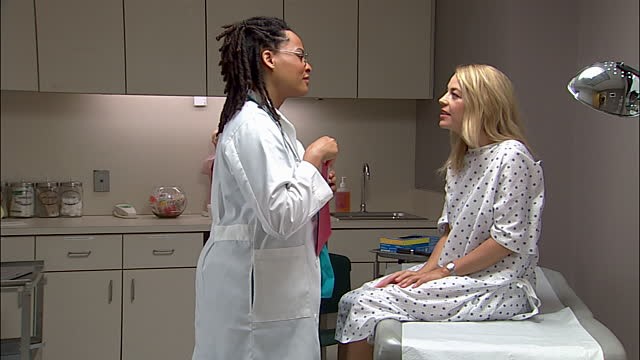SOAR Training on Human Trafficking for Health Care Providers
 In 2015, Global Centurion (GC) began serving as Subject Matter Expert (SME) for the U.S. Department of Health and Human Services (HHS) Office on Trafficking in Persons (OTIP) for their SOAR (Stop; Observe; Ask; Respond) Training on Human Trafficking for Health Care Providers. The SOAR project was started in response to an urgent need to train health care professionals in anti-human trafficking knowledge and skills. HHS launched SOAR in 2014 as a pilot project designed to train health care professionals including MDs, RNs, and other health care providers. In the expanded project, three new audiences have been added. These include Mental Health Professionals (Clinical Psychologists and Mental Health Counselors); Social Workers (LCSWs and LSWs); and Public Health Care Professionals (Epidemiologists and Public Health Care Workers). The training is designed to reach all four audiences in either VILT (Virtual Instructor Led Training) or In-Person Training. Its purpose is to:
In 2015, Global Centurion (GC) began serving as Subject Matter Expert (SME) for the U.S. Department of Health and Human Services (HHS) Office on Trafficking in Persons (OTIP) for their SOAR (Stop; Observe; Ask; Respond) Training on Human Trafficking for Health Care Providers. The SOAR project was started in response to an urgent need to train health care professionals in anti-human trafficking knowledge and skills. HHS launched SOAR in 2014 as a pilot project designed to train health care professionals including MDs, RNs, and other health care providers. In the expanded project, three new audiences have been added. These include Mental Health Professionals (Clinical Psychologists and Mental Health Counselors); Social Workers (LCSWs and LSWs); and Public Health Care Professionals (Epidemiologists and Public Health Care Workers). The training is designed to reach all four audiences in either VILT (Virtual Instructor Led Training) or In-Person Training. Its purpose is to:
- Describe the scope, diversity, and types of human trafficking in the United States;
- Recognize the common indicators and high-risk factors for human trafficking;
- Teach health care providers and human service providers how to respond appropriately to victims of sex and labor trafficking;
- Explore new approaches such as trauma-informed care, to enhance interaction with a potential victim of human trafficking; and
- Identify local, state, and national service referral resources for trafficking victims.
The training is informed by the latest research in vulnerable populations and best practices in victim services, which addresses emerging trends in human trafficking, including work with a Technical Working Group of renowned professionals in health and human services.
Over the last five years, new research has shown that victims of human trafficking suffer acute infections and illnesses, chronic and long-term physical, mental, reproductive, and other health care issues. One such investigation, Global Centurions Trafficking Survivor Health Survey showed that 87.8 percent of domestic sex trafficking survivors were seen by a health care professional at least once during the time they were trafficked. Medical personnel have a unique opportunity to interact with persons trapped in human trafficking and with the SOAR training, greater numbers will be able to help those individuals when they enter their medical facilities.

